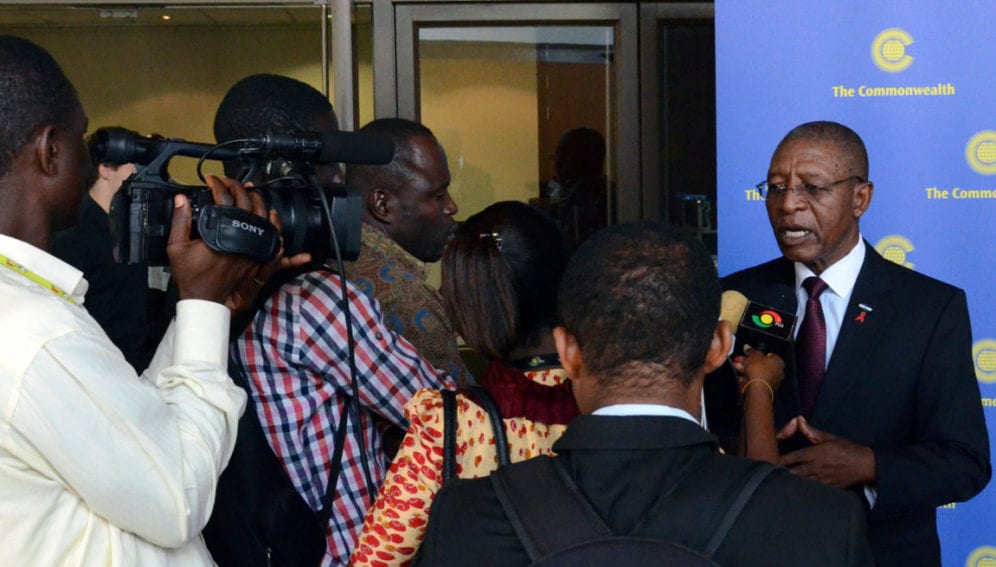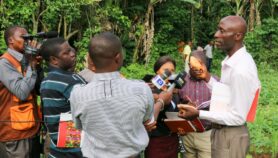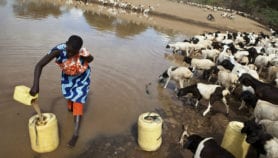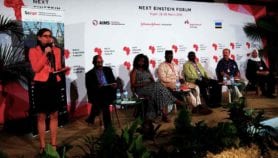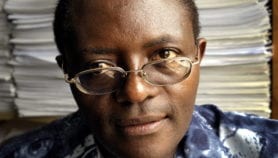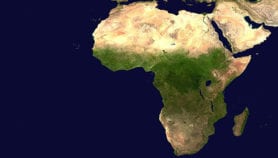By: Maxwell Awumah
Send to a friend
The details you provide on this page will not be used to send unsolicited email, and will not be sold to a 3rd party. See privacy policy.
[ACCRA] Journalists in Ghana have identified training in science reporting and easier access to research findings as essential to enabling them effectively cover scientific topics, a new survey reveals.
Researchers from the US-based Texas A&M University(TAMU), who undertook the study, say studies on science reporting practices among general reporters are rare in Sub-Saharan Africa.
They therefore surveyed 151 Ghanaian journalists in 2010 to examine science reporting from their perspectives, including understanding their sources for science stories, motivators of, and barriers, to science reporting.
According to the study which was published in the Public Understanding of Science last month (5 September), 69.5 per cent of 128 respondents indicated that receiving training in science reporting will be very important for motivating them to report more on science, with 72 out of 136 respondents saying so for easy availability of scientific research findings.
“Regardless of the zeal of journalists to compose more scientific stories and educate the populace, they are handicapped by lack of training in science reporting….”
Barbara Gastel, Texas A&M University
The journalists rated health professionals and scientists highly as important sources for reporting science, says the study.
“Regardless of the zeal of journalists to compose more scientific stories and educate the populace, they are handicapped by lack of training in science reporting, difficulty in identifying research findings for potential coverage, obtaining contact information of scientists for interview purposes and being too busy with non-science stories,” says Barbara Gastel, a co-author of the study and a professor of veterinary integrative biosciences at TAMU.
Gastel, who coordinates the master’s programme in science and technology journalism at TAMU, says the survey reveals a statistically significant inverse correlation between years of experience and number of science feature stories covered by respondents.
The survey proposes a framework to champion science reporting in Ghana that reflects on reporters, media and science institutions, training establishments and the general public.
Gastel is advocating for studies to replicate the one in Ghana and for African countries to forge broader patterns and collaborations as well as promote high-quality science coverage.
Mohamed Ishahaq, supervising chief editor of Ghana News Agency, says the study’s findings are relevant. He tells SciDev.Net: “Specialisation, especially in science journalism, is ideal for newsroom engagements, leading to the creation of special desks to engender self-confidence, bonding and transfer of mentoring skills between editors and reporters, and can become the panacea to limiting the numbers of general reporters”.
Ishahaq advocates for peer-to-peer mentoring programmes in science journalism, short courses, seminars and workshops to create effective science reporting to educate the public.
Kwasi Appeaning-Addo, a researcher at the Department of Marine and Fisheries Sciences at the University of Ghana, commends the authors for their insightful survey and appeals to researchers to join forces with journalists, media outlets and journalism schools to help boost research communication.
Link to abstract in Public Understanding of Science
This article has been produced by SciDev.Net's Sub-Saharan Africa desk.
References
Public Understanding of Science doi 10.1177/0963662514547478 (2014)


